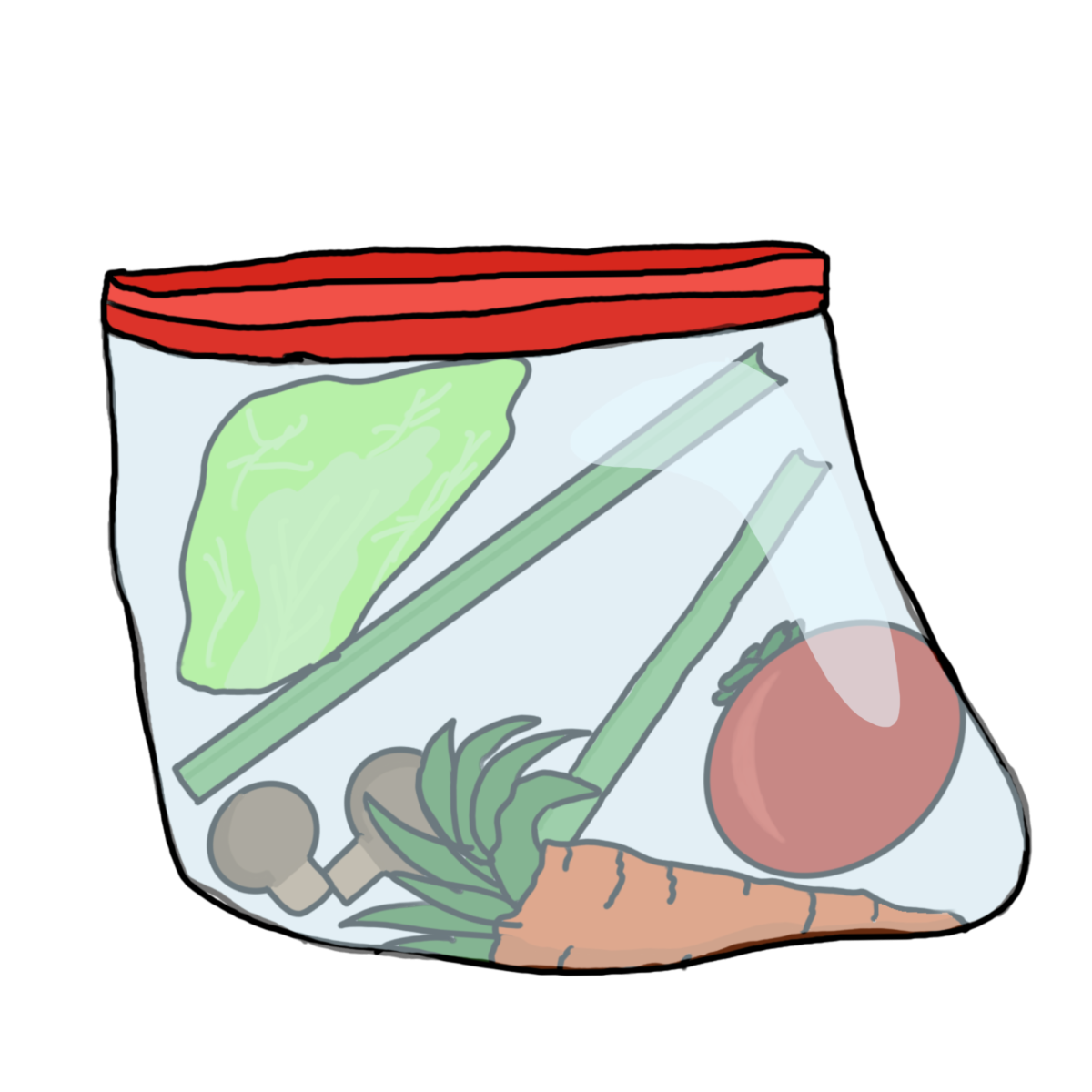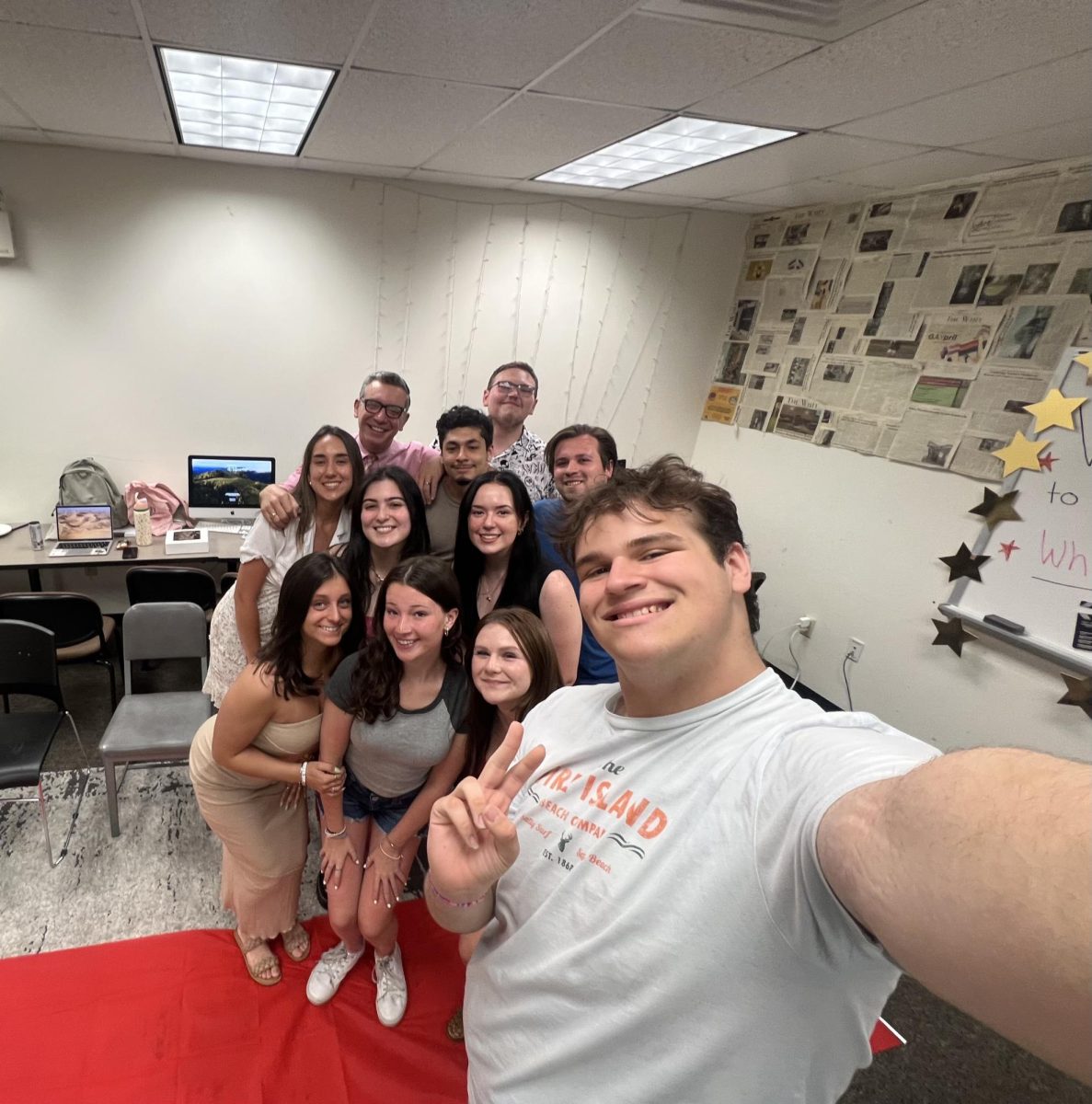It is kind of difficult to be sustainable, especially as a student.
The amount of times I see people who homestead, or have magnificent systems to bring awareness to the environment and how we can stop abusing it, I get a sense of inspiration and wonder, “I can do that too!”
And then I try. I make a conscious effort to recycle, cook, and eat more sustainably, but then it becomes too much.
What can I recycle, and given I’m at school, in which town can I recycle what? Does my town recycle? If I waste any part of the food, how do I use it? I let a vegetable go bad again!
This then spirals into, “I’m a horrible person, I can’t do anything to save the environment, and is doing this actually helping anyone?”
The answer to all of these questions is that it’s more complicated than anyone thinks. It’s difficult to be sustainable because of the environments we find ourselves in and the way environmentally friendly items are priced, according to Ruhr-University Bochum social psychologist Wilhelm Hofmann.
Products are made to waste, food is wasted constantly by individuals and corporations alike (the U.S. Department of Agriculture found that in 2010, there were around 133 billion pounds of food waste).
It’s nearly impossible to be a sustainable individual, let alone make an impact.
That doesn’t mean trying can hurt. While it’s complicated to be a sustainable person, let alone a student on a budget, it doesn’t mean it’s not an impactful endeavor for us.
Making sustainable changes can help our individual health and happiness as well, meaning it’s not just the big changes that count.
So where do we start?
Firstly, take note of the single-use materials you use on a daily basis. Some can be easily swapped, like changing plastic water bottles for reusable ones (but don’t go crazy buying reusable water bottles, keep one or two for use) or plastic cutlery with a reusable or more sustainable option such as wooden or biodegradable.
Using old clothes or rags instead of paper towels can also be a small improvement.
After this, we can think about food. This is tricky, but there are a few things we can do to figure this out.
Firstly, we can buy less food, especially grocery shopping. I am a chronic overbuyer when it comes to food, and this leaves me constantly forgetting I have vegetables in the fridge, chicken in the freezer, and rice in a cabinet.
Overbuying means more food goes to waste just because we don’t use it, so we can think more and plan around our schedules.
That can mean meal-prepping, scheduling meals, or just budgeting around groceries and meals out (a coffee and panini from High Grounds is how I wrote this article).
If you do end up throwing things out, refer to the app Recycle Coach to find what is recyclable.
Last note for food: try to buy directly from farmers’ markets and/or buy in season. These can both help our health, wallet, and our local communities. You can find what’s in season at seasonalfoodguide.org.
In a similar vein a college student, especially because we have tight wallets, is generally buying less. Hobbies, clothes, and fancy food can be great, but we must be wary of how much we put into this per month. Keeping a budget couldn’t hurt if possible.
Lastly, as much as it might hurt to think, we must pick our battles. Decision fatigue is a pain, and it’s unrealistic to think we can make the right choice every time.
Especially with misleading marketing and labels, it’s hard not to make a mistake or a bunch. Knowing that the system is the issue is not an excuse to give up, but it is important so we don’t go crazy.
Being sustainable is a massive topic with a lot to say, but like most things, if we can put a plan in place, keep our goals manageable, and stay consistent, we can really make an impact.
For comments/questions about this story DM us on Instagram @thewhitatrowan or email [email protected]

























































































































































!["Working with [Dr. Lynch] is always a learning experience for me. She is a treasure,” said Thomas. - Staff Writer / Kacie Scibilia](https://thewhitonline.com/wp-content/uploads/2025/04/choir-1-1200x694.jpg)











































